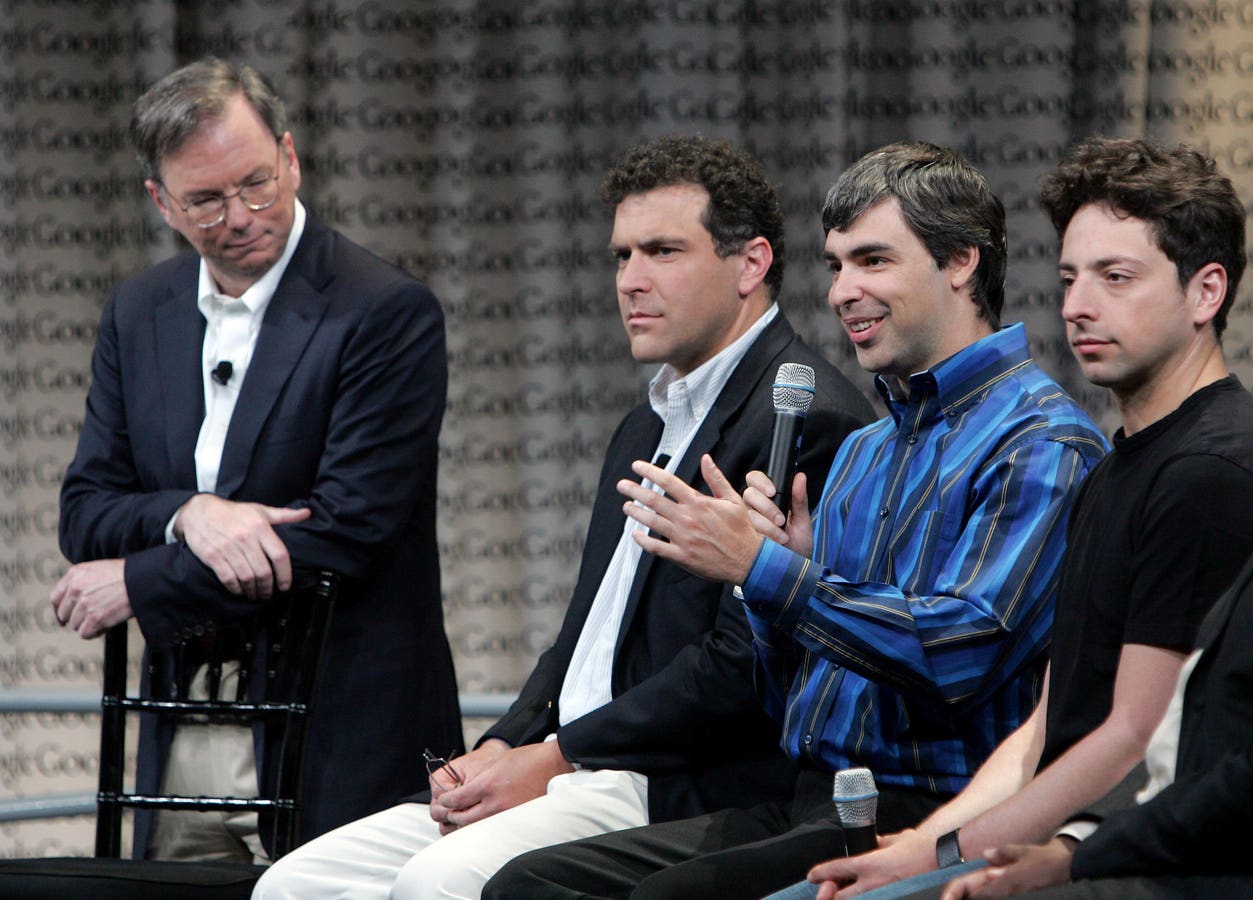In an earlier blog, I wrote about ExxonMobil’s 2016 Mock Integrated Report which my collaborator, Mike Krzus, and I put together. This was an experiment. We were surprised to learn that Mike was able to put together a decent 40-page integrated report on ExxonMobil in about 40 hours based on information the company has placed in the public domain.
We decided that it would be fun to do the same for Alphabet, originally named Google, as reported in “Constructing Alphabet Inc.’s Mock 2017 Integrated Report.” Alphabet is a much less controversial company than climate-challenged ExxonMobil. That is changing rapidly as social issues like data privacy and data security become as important to shareholders and other stakeholders as climate change. Given that Alphabet’s founders, Sergey Brin and Larry Page, are still deeply involved in the company (although Google’s former Product Chief Sundar Pichai become CEO of Google upon the creation of Alphabet) and their mission and commitments described in their “Owner’s Manual,” discussed below, we had high hopes for our second experiment in constructing an integrated report for a company based on information it has put in the public domain.
Google, now the major business unit of Alphabet Inc. (high tech guys don’t believe in commas, I guess), went public in 2004. Alphabet Inc. was created on October 2, 2015 through a corporate restructuring of Google which made it the parent company of Google and some of its subsidiaries. It has a market cap of around $792 billion (as of July 5), making it the third largest company listed in the United States. Apple and Amazon are larger and Microsoft and Facebook follow Alphabet in size.
In the S-1 Registration Statement, required by the Securities and Exchange Commission (SEC) for an initial public offering (IPO), Brin (then President) and Page (then CEO) wrote a very thoughtful “Founders Letter,” something not required by the SEC. They acknowledged inspiration from Warren Buffet in writing their letter and titled it “’An Owner’s Manual’ for Google’s Shareholders.”
In their letter, Brin and Page stated their commitment to “provide unbiased, accurate and free access to information for those who rely on us around the world.” They also stated that “Our goal is to develop services that significantly improve the lives of as many people as possible. In pursuing this goal, we may do things that we believe have a positive impact on the world, even if the near term financial returns are not obvious.”
Since pressures for short-term performance are a fact of life for public companies, the founders discussed how they planned to capitalize on the advantages of being a public company, such as liquidity for its founders and employees, without losing the benefits of being a private one. They noted that “We will make business decisions with the long-term welfare of our company and shareholders in mind and not based on accounting considerations.” Doing so meant:
SUBSCRIBE TO OUR NEWSLETTER
Subscribe our newsletter to receive the latest news, articles and exclusive podcasts every week


